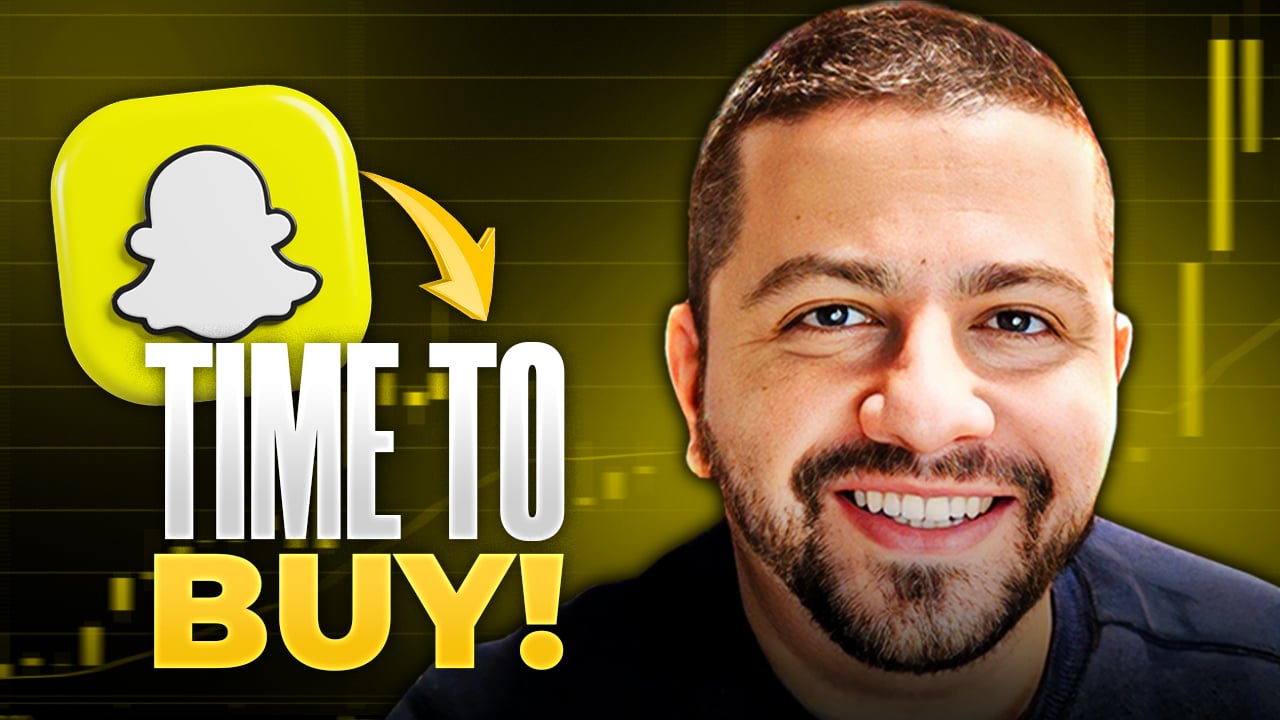TikTok, the wildly popular short-form video app owned by China's ByteDance, is under fire from the U.S. government, which is likely to launch a national security review.
While that's bad news for TikTok's hundreds of millions of users, it may be a boon to Snap (SNAP 3.03%), which is trying to prevent its Snapchat customers from defecting to TikTok.
TikTok is the result of ByteDance's $1 billion acquisition of Musical.ly, the lip-synch mobile app, which it purchased in September 2017. Musical.ly morphed into TikTok, which lets users produce and quickly edit short videos and share them with friends. In the year since debuting in the U.S., it has become very popular, particularly with teens and young adults. According to the company, of its 26.5 million monthly active U.S. users, 60% are between the ages of 16 and 24.

Image Source: Snap.
That data point hasn't been lost on tech company investors, who worry about the impact it will have on Snap's ability to draw advertisers to its platform. After all, big U.S. brands including Walmart, Macy's, Kroger, and the NFL are already running video campaigns on TikTok. TikTok has been able to steal some of Snap's thunder and customers, even though the two offer different use cases. Snap, which makes the disappearing messaging app Snapchat, is where users go to have private conversations and share images using cool filters. TikTok is about making short videos that hopefully go viral on the network.
Wall Street watchers have cautioned that if TikTok offers more features that are now found on Snapchat, it could lure users -- and thus advertisers -- its way. Snap CEO Evan Spiegel isn't too concerned about the competitive threat. On a recent investor conference call, he labeled TikTok more of a friend than a foe, pointing out that it's an advertising partner and that the two are different. "Most importantly, the value they provide their community is very different than the value we provide ours to really empower communication with real friends," said Spiegel.
TikTok's woes are Snap's gains
Despite Spiegel's assurances, not everyone is willing to dismiss TikTok. If it is able to steal market share, it would be bad news for Snap, which has had rocky results when it comes to advertisers and users. All of which is why Snap may be pleased by recent rumblings coming from the U.S. government.
Citing three people familiar with the matter, Reuters reported earlier in November that the Committee on Foreign Investment in the United States, otherwise known as CFIUS, sent a missive to ByteDance, expressing concerns about its acquisition of Musical.ly. CFIUS said the deal may pose a national security risk.
For weeks, lawmakers in the U.S. have been calling for a review of ByteDance over concerns it is censoring content on TikTok. They also want to know how the company stores users' data. CFIUS has reportedly commenced a review, even though it's been two years since the deal closed. Since ByteDance didn't get clearance from the U.S. government for its Musical.ly acquisition, the government agency feels it can still look into the deal, reported Reuters. The worst-case scenario for ByteDance is it has to sell Musical.ly, which could mean the end of TikTok in the U.S.
TikTok is trying to prove its independence
In order to prevent that from happening, TikTok has to show it is independent of its parent company in China. TikTok has already taken steps to do that. In a recent blog post, Vanessa Pappas, general manager at TikTok U.S., stated that since she came on board in January, the company has built a senior team of U.S. executives, employs individuals in the U.S. to moderate the content on the platform, and stores all U.S. data in the U.S. with a backup in Singapore. All of TikTok's data centers are outside of China, Pappas said. She noted the company is working with the U.S. government to address its concerns.
Whether or not TikTok will be around for much longer is anyone's guess. But with the U.S. and China embroiled in a protracted trade war, and with Chinese smartphone maker Huawei already banned from the U.S., things aren't looking too good for TikTok. For Snap, that may create an entirely different story.






